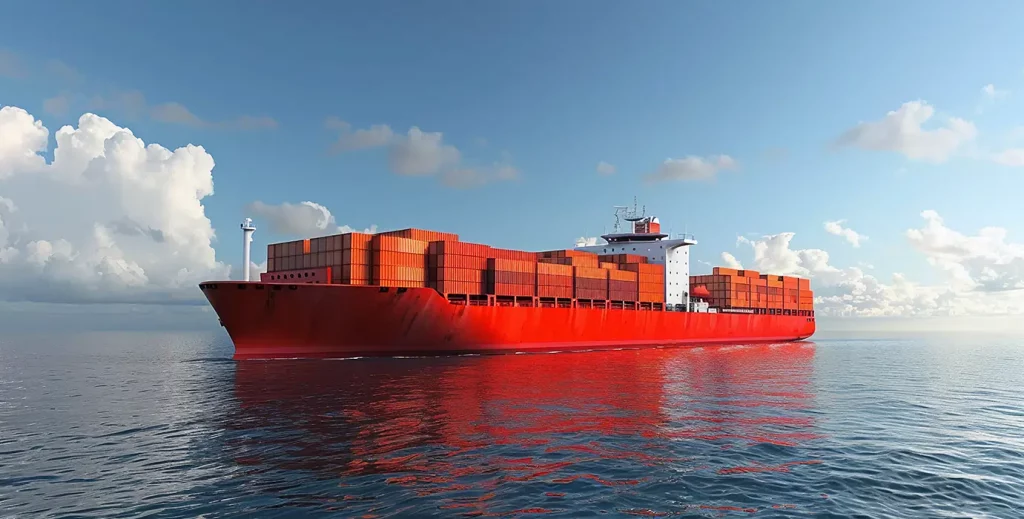Table of Contents
What is Incoterms?

As an international shipping specialist at Jahan Tarabar Abrisham, Incoterms are essential guidelines used to define the responsibilities and obligations of sellers and buyers in global sales contracts. These terms, published by the International Chamber of Commerce, clarify important details such as the transfer of goods, costs, insurance, bill of lading, and other responsibilities. Incoterms, an abbreviation of “International Commercial Terms,” are foundational to ensuring transparency and efficiency in international trade and logistics.
What is the use of Incoterms?
Incoterms
(International Commercial Terms) are standardized rules that define the responsibilities of buyers and sellers in international and domestic trade contracts. Developed by the International Chamber of Commerce (ICC), these terms clarify the division of tasks, risks, and costs associated with the transportation and delivery of goods.
Here’s a breakdown of their main uses:
Determination of Responsibilities
- Incoterms clarify the responsibilities of sellers and buyers in international shipping contracts, covering delivery, loading/unloading, insurance, risk of loss, damage, and transportation costs.
Predictability of Costs
- Incoterms outline transportation costs precisely, helping both parties manage expenses and improve financial planning accuracy.
Clear Transfer Conditions
- They specify the exact conditions for the transfer of goods, including delivery points, loading/unloading responsibilities, and shipping and insurance costs.
Reduction of Risks and Ambiguities
- Incoterms minimize risks and ambiguities by defining responsibilities in detail, enhancing clarity and reducing misunderstandings.
Facilitation of Commercial Negotiations
- With clear conditions, Incoterms streamline negotiations, helping parties finalize contracts quickly and effectively.
International Usability
- Incoterms are internationally accepted, making them easy to use in contracts across borders, following common global standards.
Trust Enhancement
- Legal clarity on transportation responsibilities builds trust, allowing each party to fulfill obligations confidently.
Dispute Resolution
- Incoterms provide a standard reference for resolving disputes, giving parties a reliable legal framework in case of disagreements.
Improvement in Supply Chain Efficiency
- Incoterms enhance supply chain productivity, allowing optimal choices for shipping, loading, unloading, and cost responsibilities.
Global Contract Consistency
- Due to their global recognition, Incoterms simplify international contracts, making them understandable and enforceable worldwide.
Reduction of Financial Risks
- Defined terms for delivery and payment reduce financial risks by ensuring clear guidelines on payments and responsibilities.
Standardization
- Incoterms standardize international shipping contracts, facilitating alignment with contracts globally.
Guidance on Shipping Method
- They help parties choose the best shipping method based on the terms, ensuring alignment with transportation needs and limitations.
Reduction of International Ambiguities
- Incoterms reduce uncertainties, ensuring common standards and avoiding unnecessary requirements.
Facilitating Movement of Goods
- These terms aid in organizing loading, unloading, packaging, and insurance, enhancing international coordination.
Customs Facilitation
- With clear contract conditions, Incoterms streamline customs procedures by ensuring all necessary documents and information are readily available.
By using Incoterms, businesses can navigate complex international logistics with greater transparency and efficiency, enhancing overall trade relationships.
Incoterms Overview for Jahan Tarabar Abrisham: Understanding Responsibilities in International Shipping
Jahan Tarabar Abrisham provides a comprehensive understanding of Incoterms (International Commercial Terms), essential for defining seller and buyer responsibilities in global trade. Here’s a breakdown of the four Incoterms groups (E, F, C, D), with a focus on cost responsibilities and delivery points:
Group E – Ex Works (EXW): Delivery at Origin
- EXW (Ex Works): Goods are delivered at the seller’s origin (factory/warehouse), with all costs—loading, transportation, insurance, customs, and damage risk—borne by the buyer.
Group F – Delivery to Buyer without Freight Payment
- FCA (Free Carrier): Delivery to a carrier at the origin (e.g., truck, rail, air) with shipping costs and insurance covered by the buyer.
- FAS (Free Alongside Ship): Goods are delivered next to the ship at the origin port; responsibility transfers to the buyer, who handles shipping and insurance.
- FOB (Free on Board): Goods delivered onto the ship’s deck; the buyer manages all subsequent shipping, insurance, and inspections.
Group C – Delivery with Freight Payment by Seller
- CFR (Cost and Freight): Sea transport where the seller pays freight to destination, but risk transfers to the buyer upon loading.
- CIF (Cost, Insurance, and Freight): Seller covers cost, insurance, and freight by sea to the destination; responsibility shifts once goods are on the ship.
- CPT (Carriage Paid To): Seller covers transport costs to the specified destination, commonly for land or air shipments.
- CIP (Carriage and Insurance Paid to): Seller pays for transport and insurance to the agreed destination, while the buyer covers inspection costs.
Group D – Delivery at Destination
- DAF (Delivered At Frontier): Delivery at a designated border point, often using rail transport, with coverage for risks up to that location.
- DES (Delivered Ex Ship): Delivery on the ship’s deck at the destination port, with buyer responsible for customs and clearance.
- DEQ (Delivered Ex Quay): Delivery at the destination wharf, with seller paying transfer fees to the quay.
- DDU (Delivered Duty Unpaid): Delivery at the destination without duties paid; the buyer handles customs clearance.
- DDP (Delivered Duty Paid): Seller delivers goods with customs and duties paid, fully cleared for buyer use.
| Incoterm | Description | Seller's Responsibility | Buyer's Responsibility | Transport Mode |
|---|---|---|---|---|
| EXW (Ex Works) | Delivery at seller's location. Buyer covers all other costs and risks. | Provide goods at origin | All transport, insurance, customs, and risks | Any mode |
| FCA (Free Carrier) | Delivery to the carrier at a specified location. Buyer assumes risk from there. | Delivery to the carrier | Shipping, insurance, and other costs | Land, air, sea |
| FAS (Free Alongside Ship) | Delivery alongside the ship at the origin port. Buyer handles loading and beyond. | Delivery alongside the ship | Shipping, insurance, and customs duties | Sea |
| FOB (Free on Board) | Delivery on board the ship. Buyer assumes risk after goods are loaded. | Loading onto the ship | Shipping and insurance | Sea |
| CFR (Cost and Freight) | Seller pays for freight to the destination. Risk transfers at loading. | Freight to destination port | Insurance and post-arrival costs | Sea |
| CIF (Cost, Insurance, and Freight) | Seller covers freight and insurance to destination port. Risk transfers at loading. | Freight and insurance to destination | Customs and unloading | Sea |
| CPT (Carriage Paid To) | Seller pays freight to the destination. Buyer takes on risk after delivery to carrier. | Freight to the agreed destination | Insurance and post-arrival handling | Land, air, sea |
| CIP (Carriage and Insurance Paid To) | Seller pays freight and insurance to destination. Buyer assumes risks after first carrier. | Freight and insurance to destination | Customs and final handling | Land, air, sea |
| DAF (Delivered at Frontier) | Delivery at the designated border. Buyer assumes responsibility beyond this point. | Delivery to the border | Customs clearance, duties, and onward transport | Land |
| DES (Delivered Ex Ship) | Delivery on board ship at the destination port. Buyer manages clearance. | Delivery on ship's deck at destination | Customs, duties, unloading | Sea |
| DEQ (Delivered Ex Quay) | Delivery at destination pier. Seller pays transfer fees to destination wharf. | Delivery on quay at destination | Customs and post-unloading costs | Sea |
| DDU (Delivered Duty Unpaid) | Delivery at destination without payment of duties and customs duties. Buyer covers customs duties. | Delivery to destination | Customs clearance and duties | Any mode |
| DDP (Delivered Duty Paid) | Delivery at destination with duties paid by seller. | Delivery with all costs and duties paid | None | Any mode |
Shipping price inquiry
Please inquire about our fast and cost-effective shipping solutions


